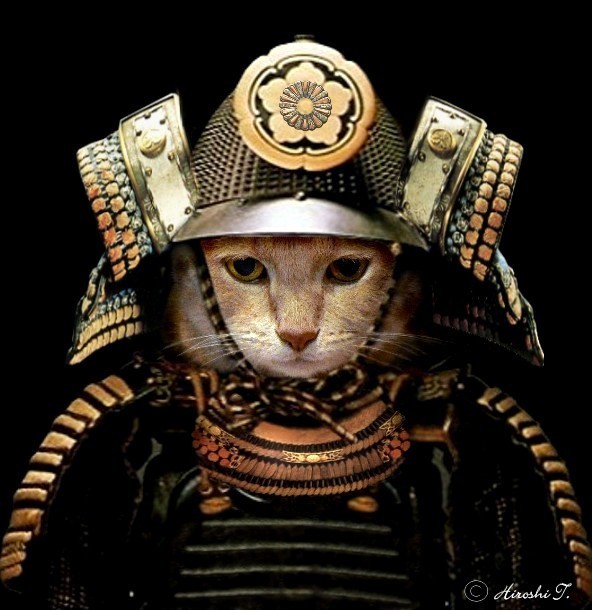Do you know the violent history of Judo?

The spread of Judo throughout the world has led on to the development of a number of offshoots like Sambo and Brazilian Ju-Jitsu. The history of judo is inseparable from that of its founder, the Japanese teacher Jigoro Kano. Kano was born into a wealthy Japanese family.
Small and weak as a boy, he was sometimes picked on by bullies. He initially began studying the art of Ju-Jitsu at the age of seventeen, but only met with minimal success. This was in part due to difficulties in finding a teacher who would take him on as a student. When he went to school to analyze literature at the age of 18, he continued his self-defense skills studies, ultimately gaining a referral to Fukuda Hachinosuke, a master of the Tenjin Shin’yM-ryk.
Strength Training for Judo
Judo is one of the best sports to write a gym program for and this is due to the fact that Judo has many different physical components to it. Strength, power, speed, agility and joint stability are all included in gym programs written specifically or elite Judokas.
To be elite you need to be:
– Aerobically fit: You must be able to complete a 2.5 hour randori session in Japan
– Anaerobically fit: You must be able to fight a 5 minute fight
– Explosive; have the ability to explode at any second for a throw
– Agility; to defend your opponents attacks and escape throws
– Technically sound; have good competition execution of throws, submissions and pins
– Full body strength-endurance; to be able to last a 5 minute fight using all your muscle let alone lungs
– Maximal strength; have the strength to execute a pick up
– Flexible; be flexible enough to bend your way in and out of throws and escape pins
– Mentally strong; be able to put up with sessions in Japan as well as training day in day out everyday
– Tactical mind; must be able to analyse your opponents and competition tactics on and off the mat
What do you do after you lose in a judo competition?
Do you pack your stuff up and go home or back to your hotel?
More often than not I’ve seen judoka make this error. Most of the time judoka make it because they get emotionally involved in the loss of a judo match or competition.
After you’ve lost the match or the competition, it’s over. There’s nothing that you can do about. What you can do right then, at that present moment is make the best, quality decision for that moment and that means, you immediately transform from a judo competitor, to a judo student.
To explain, right after you have lost the judo match and are out of the judo competition, your job and primary focus for the rest of the day should be to watch, learn and record.





